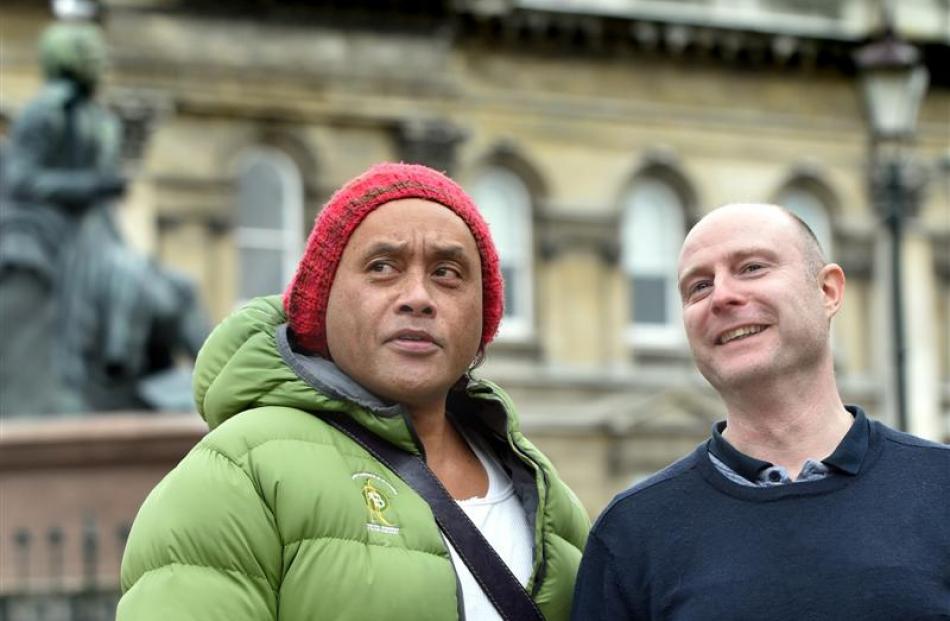A responsible lending initiative developed in Dunedin could be a model for other cities.
Presented at the Public Health Association conference yesterday, it sparked interest from delegates from around New Zealand.
Salvation Army Gambling Service counsellor Chris Watkins said Dunedin social sector groups called a meeting with 37 lending businesses to talk about unsustainable lending.
It was a first step to developing a memorandum of understanding, which six lenders had signed so far.
''It was the first time in New Zealand that lenders sat down with a bunch of social service workers and started talking about sustainable debt,'' Mr Watkins said.
A nationwide responsible lending code was introduced in June, but the Dunedin initiative involved a stronger and more practical undertaking to the community, he said.
''Dunedin is the kind of town where people look after each other. We would like the lenders to think carefully about who they lend the money to.''
Some lenders were more receptive than others, and it partly depended on whether they were locally owned, or a branch office of a national or even international business.
A delegate from South Auckland asked how retail stores could be targeted to make them more responsible in lending money to people to buy expensive appliances.
Mr Watkins said retail stores used the lenders who also made loans in the community.
Co-operation between social sector groups had been vital to the project, he said. His co-presenter was Jerry Banse, of Te Roopu Tautoko Ki Te Tonga.
Mr Watkins said the initiative was sparked by his anger at hearing stories from clients about irresponsible lending, including an instance of a lending firm wanting to lend double the amount requested.













